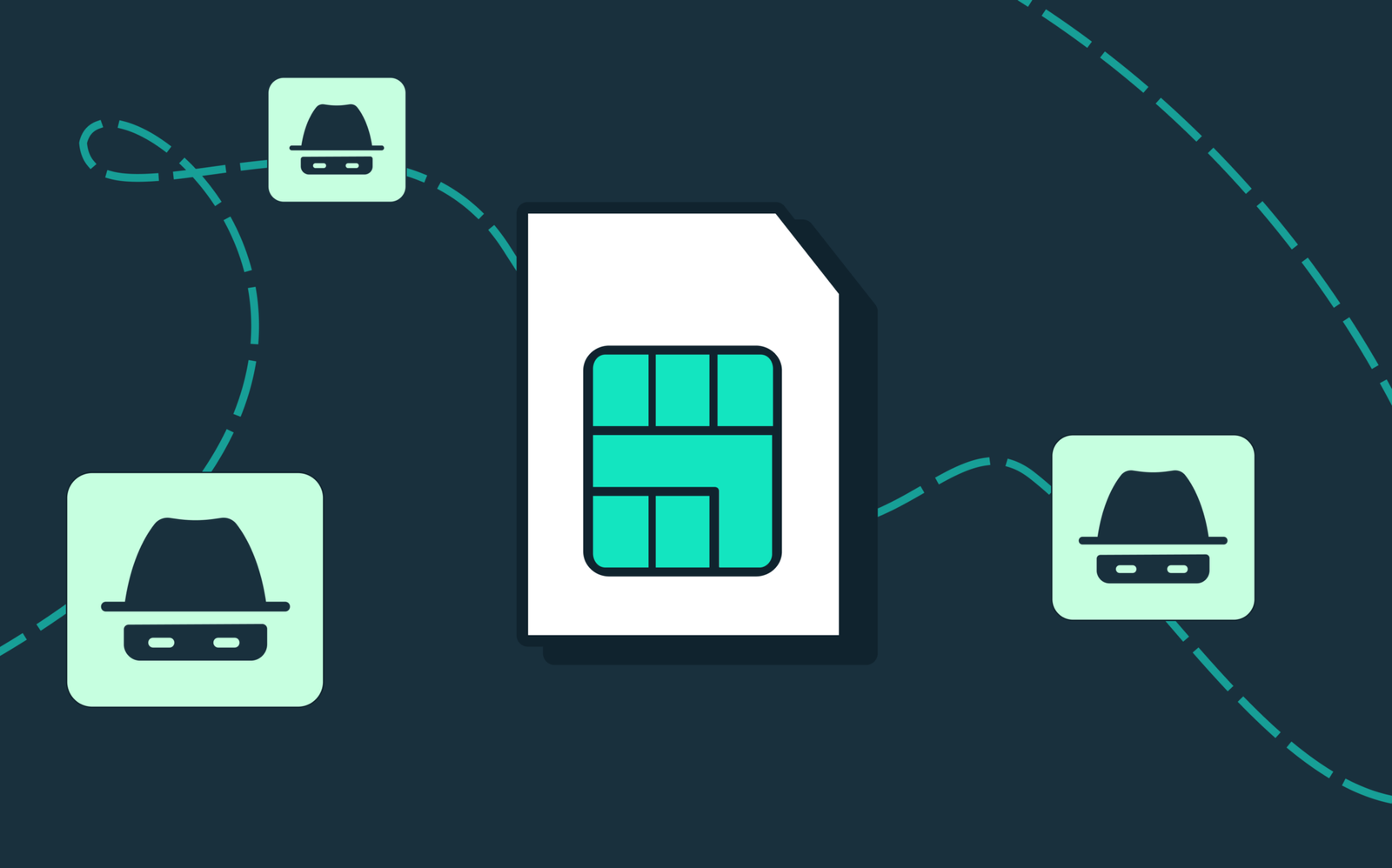After the Department of Telecommunications introduced the International Incoming Spoofed Call Prevention System (IISCPS) to block fake international calls masked as Indian numbers, cybercrime syndicates have shifted to a new method. Fraudsters operating from Cambodia and Myanmar are now using SIM boxes to disguise international VoIP calls as local Indian calls, making it easier to deceive victims in scams like digital arrests.
The IISCPS system, launched in October 2024, has already blocked crores of spoofed calls. But SIM box technology allows criminals to bypass these restrictions. The result is that scam calls appearing on people’s phones often look like they are coming from ordinary Indian numbers, tricking people into believing the caller is genuine.
India to Honour Top CISOs from Police, Law Enforcement, and Defence Forces
How the Scam Works
A SIM box is a device that can hold hundreds of SIM cards. International calls are routed through these devices and appear as if they are made from within India. Local operatives are recruited to procure SIM cards in bulk and host these boxes for daily payments. By using this setup, foreign gangs ensure their fraudulent calls avoid detection and reach unsuspecting victims.
This method is especially dangerous because it removes one of the few warning signs victims had — seeing a foreign number. Now, even trained professionals may believe they are speaking to someone local when in fact the call is part of an organized scam network.
Telangana Police Crack Down
Telangana has emerged as a hotspot for these operations. Police raids across Hyderabad and surrounding districts have uncovered several SIM boxes, leading to arrests and seizures. In some cases, individuals were found working for handlers based abroad and were paid in dollars to keep the devices running.
Authorities are using data analysis and monitoring tools to detect unusual call traffic from specific locations. Patterns such as multiple SIM cards being used from a single spot or constant outbound activity trigger alerts. Officials say this surveillance, combined with public vigilance, is key to stopping the spread of SIM box frauds.
Why It Matters
For the public, this development means scam calls could appear more convincing than ever. Fraudsters may impersonate police, CBI officers, or government authorities to extort money or sensitive information. Experts warn that people should remain cautious, verify claims independently, and avoid making payments or sharing personal details over the phone.


